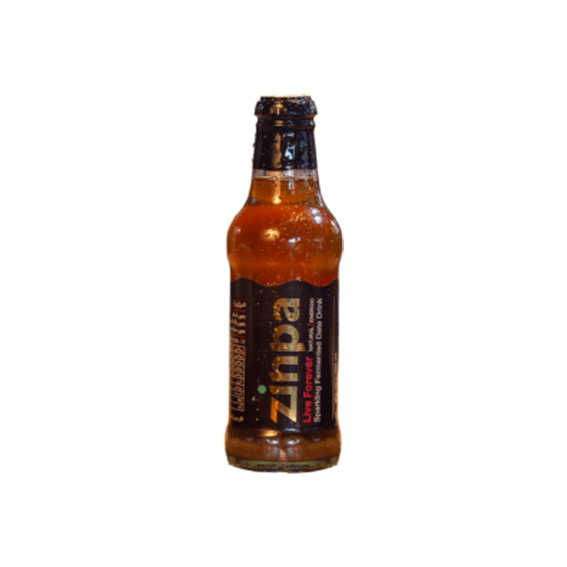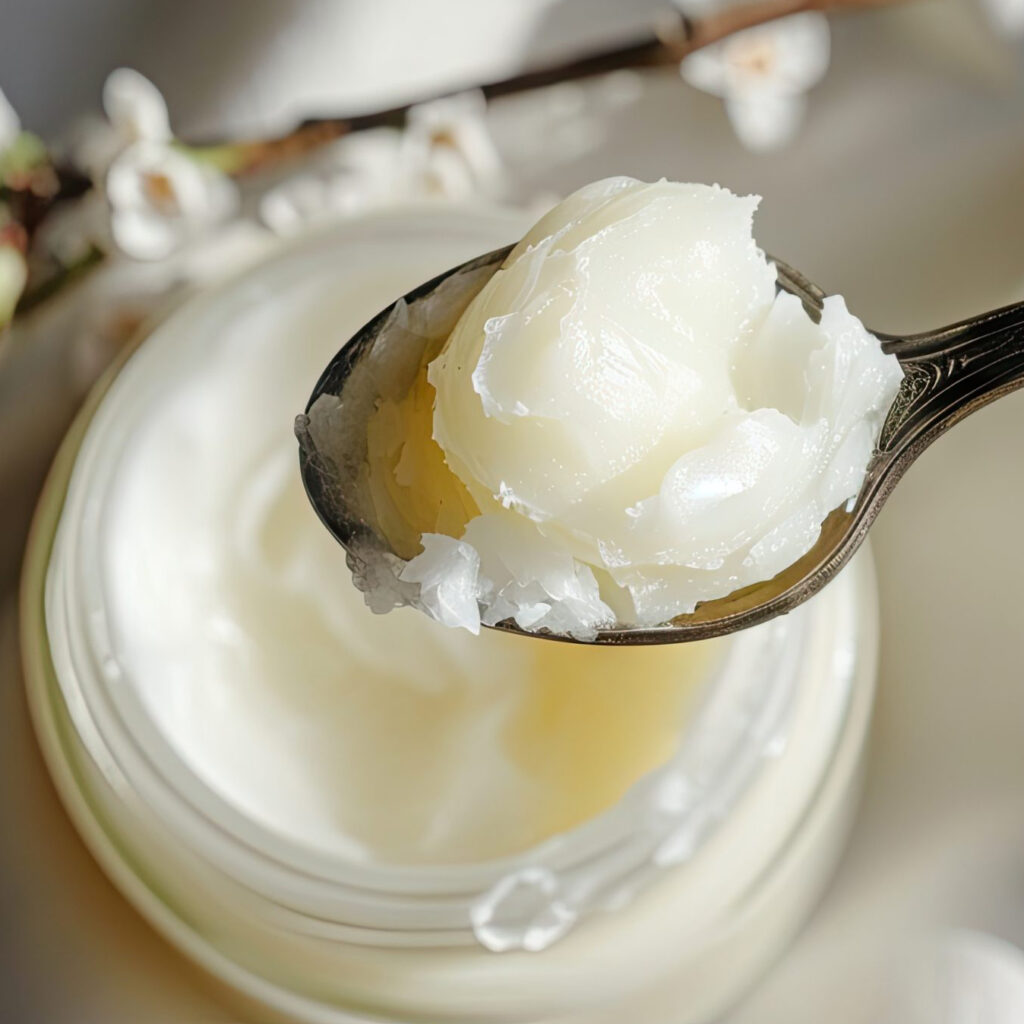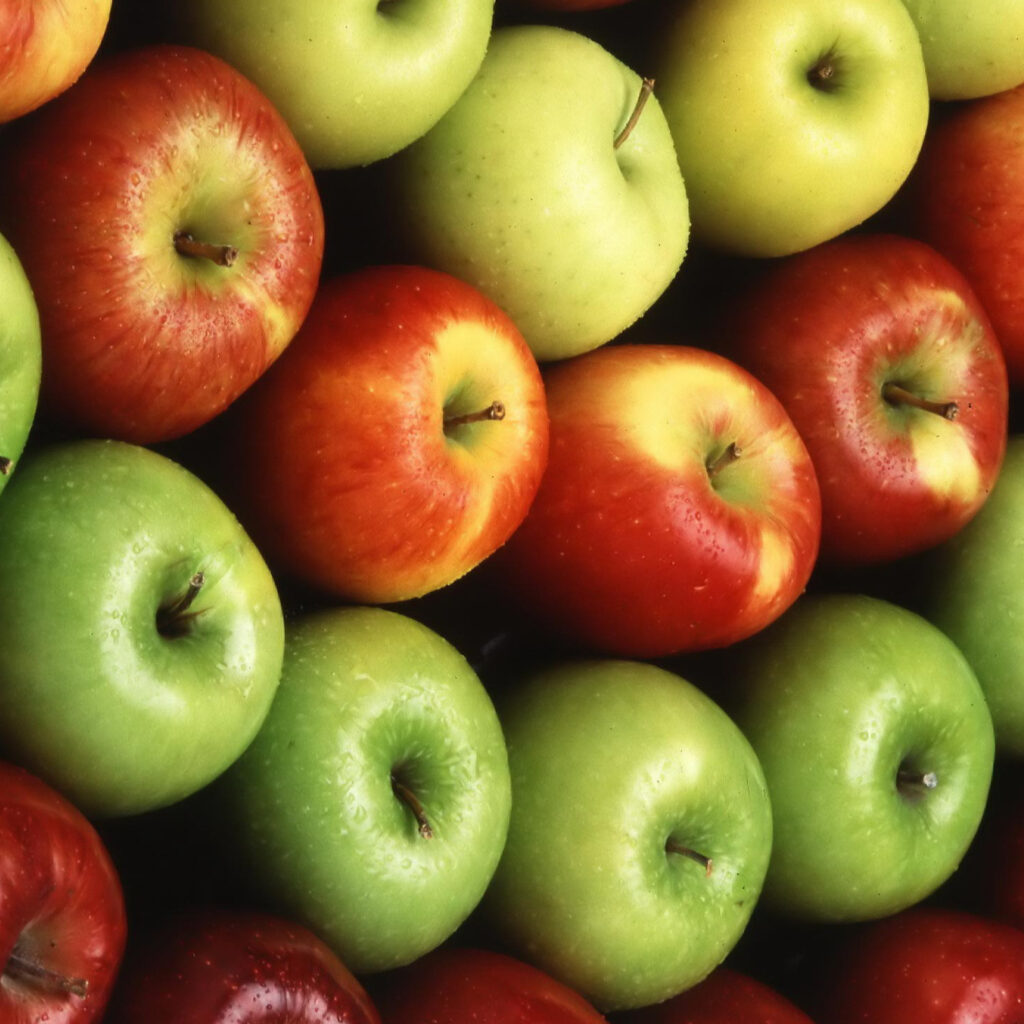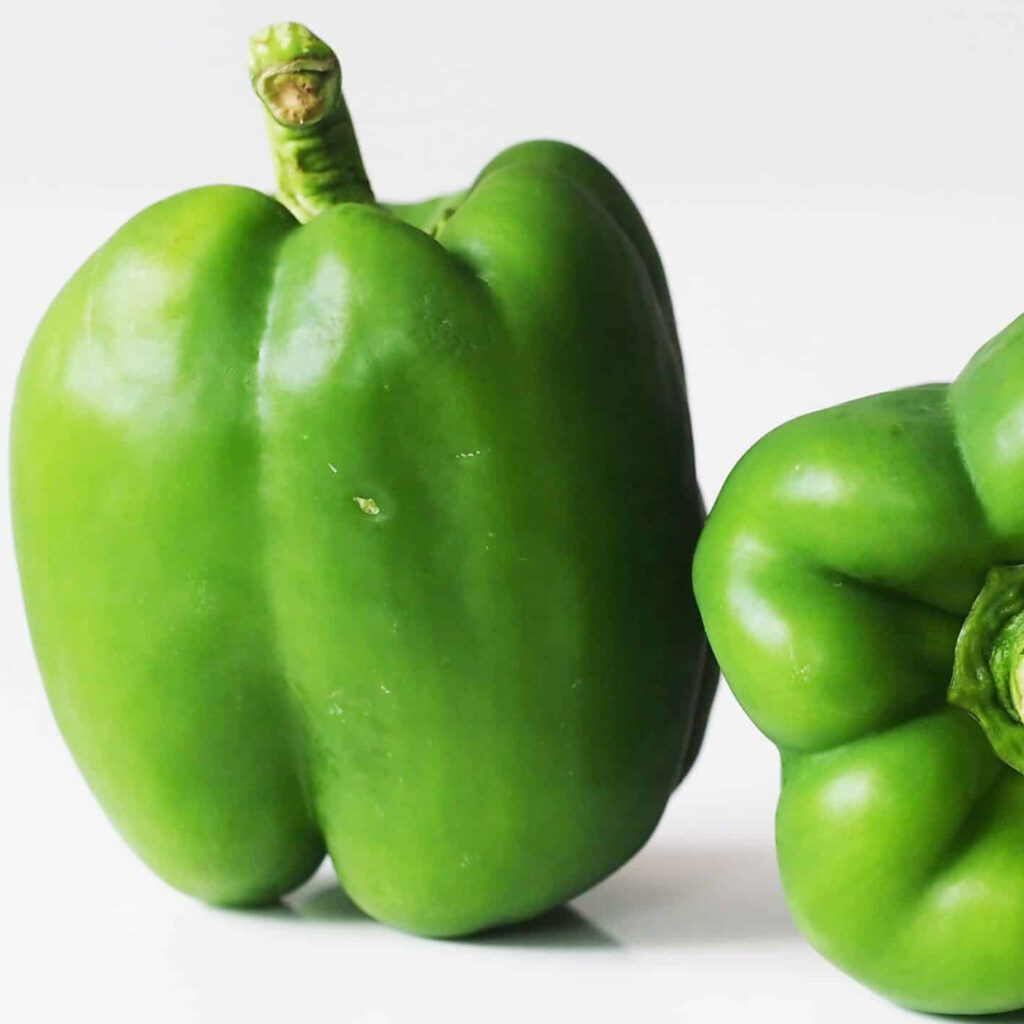A tangerine is a type of small citrus fruit, closely related to oranges. They have a bright orange skin that’s easy to peel and sweet, juicy flesh. Tangerines are rich in vitamin C and other antioxidants, making them a popular and healthy snack. They’re often eaten fresh but can also be used in salads, desserts, and juices.
Tangerines, a variety of mandarin oranges (Citrus reticulata), are known for their sweet flavor and thin, easy-to-peel skin. They belong to the Rutaceae family and are native to Southeast Asia. Over time, tangerines have spread worldwide and are now cultivated in many subtropical and tropical regions.
Key Characteristics:
- Size and Shape: Tangerines are smaller than regular oranges and typically have a flattened, round shape. They range in diameter from 5 to 10 cm.
- Peel: The skin is loose and thin, making tangerines easier to peel by hand compared to other citrus fruits. The peel color ranges from bright orange to deep reddish-orange.
- Flavor: Tangerines are generally sweeter and less tart than regular oranges. Some varieties can have a slightly tangy undertone.
Varieties:
There are many types of tangerines, including:
- Clementines: Seedless or nearly seedless, with a smooth, glossy skin. They are easy to peel and very sweet.
- Satsumas: Seedless with a tender texture and very loose skin. They are highly sweet and often harvested early.
- Honey Tangerines (Murcott): Known for their deep orange color and extra sweetness, but they contain seeds.
- Dancy: A traditional variety often used in the U.S. for making juice.
Nutritional Value:
Tangerines are packed with nutrients, making them a healthy addition to your diet:
- Vitamin C: Like most citrus fruits, tangerines are rich in vitamin C, which supports immune function and skin health.
- Fiber: They provide dietary fiber, which aids digestion and helps maintain a healthy gut.
- Antioxidants: Tangerines contain compounds like flavonoids and carotenoids, which may help reduce inflammation and protect cells from oxidative stress.
- Low in Calories: Tangerines are a low-calorie snack, with about 50 calories per fruit.
Health Benefits:
- Immune Support: The high vitamin C content boosts the immune system and promotes faster recovery from illnesses.
- Skin Health: Vitamin C plays a role in collagen production, helping to maintain healthy skin and prevent signs of aging.
- Heart Health: The fiber and antioxidants in tangerines may contribute to reduced cholesterol levels and improved heart health.
- Weight Management: Tangerines are low in calories and high in fiber, which helps in controlling hunger and promoting a feeling of fullness.
Culinary Uses:
Tangerines are versatile and can be used in various ways:
- Fresh: Eaten as a snack or added to fruit salads and desserts.
- Juice: Used in beverages, sauces, or salad dressings.
- Zest: The peel, rich in essential oils, is often grated (zested) for use in baking or cooking.
- Baking: Tangerine slices or zest can be added to cakes, muffins, and pastries for a citrusy twist.
Storage and Selection:
- Selection: Choose tangerines that are firm, heavy for their size, and free of blemishes. Their skin should be brightly colored and slightly glossy.
- Storage: Tangerines can be stored at room temperature for a few days or refrigerated for up to two weeks to extend freshness.
Tangerines are often available in grocery stores during the late fall and winter months, making them a popular winter fruit. Their sweet flavor, combined with their ease of peeling, makes them a convenient and nutritious snack.










